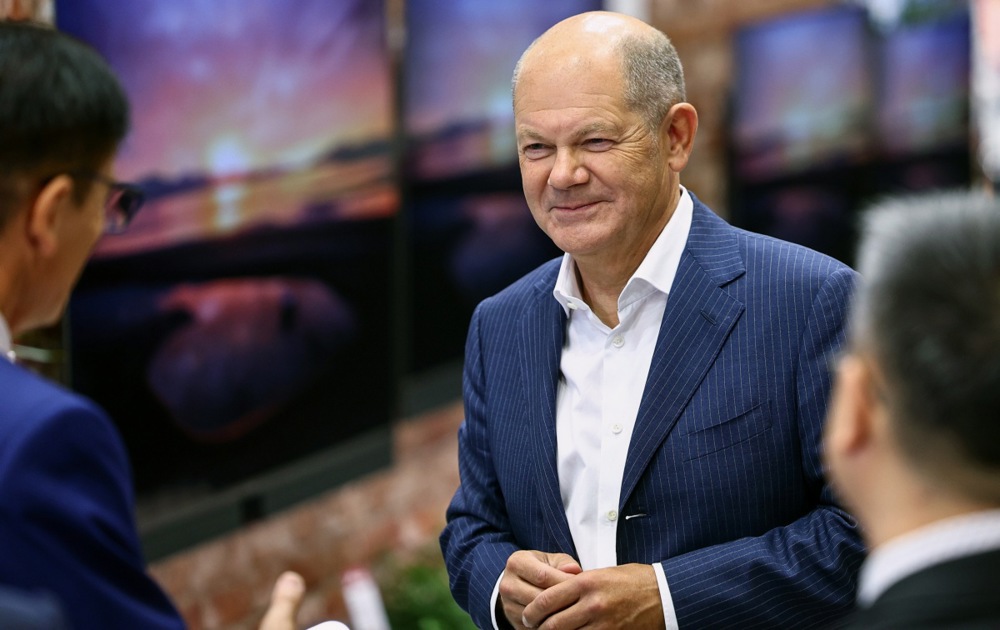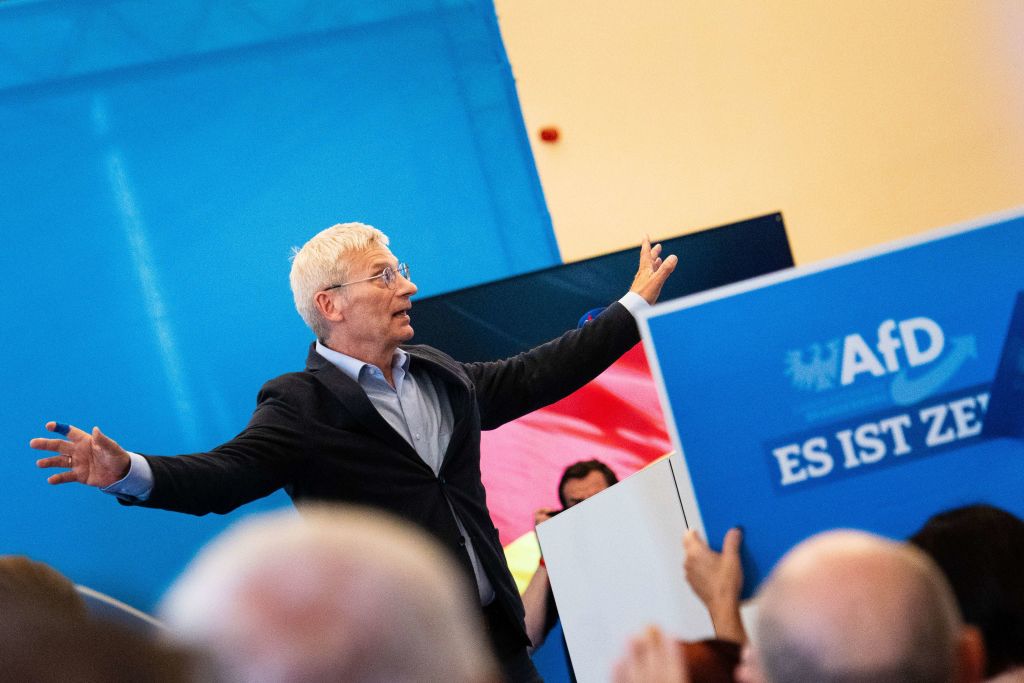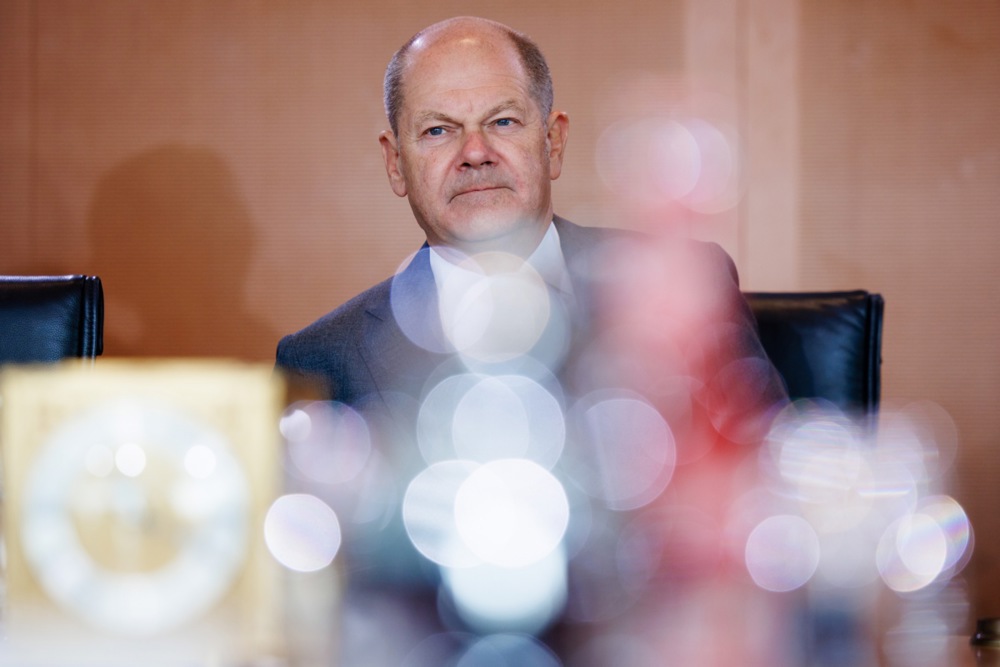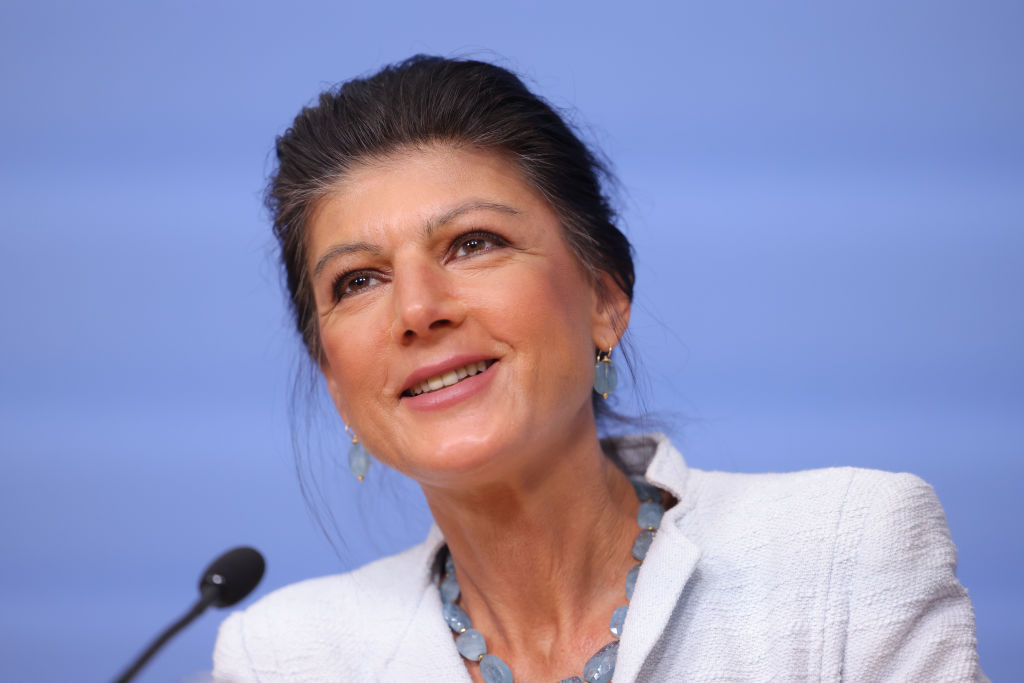Germany’s Social Democratic Party (SPD) has come out on top in the Brandenburg State elections, narrowly beating the hard-right Alternative for Germany (AfD), while the party of newcomer Sahra Wagenknecht (BSW) also did well.
After consistently trailing in recent polls, German Socialists seem to have won over a significant portion of the electorate in the final moments.
With around 31 per cent of the vote, gaining 4.5 percentage points, the Socialists just beat the AfD, which landed around 30 per cent of the vote, gaining 6.1 percentage points on its performance the previous election.
The nascent BSW party came in with 13.5 per cent of the vote, enough to beat the Christian Democrats (CDU), which lost 3.5 percentage points and now sits at 12.1 per cent.
The Greens got a trouncing and did not clear the electoral threshold of 5 per cent. In the end, they scored 4.1 per cent of the vote, losing 6.7 percentage points on the previous vote.
The same was true for the hard-left Die Linke, which dropped 7.7 percentage points and now stands at 3 per cent.
Just 0.8 per cent of the electorate chose the Liberal Free Democratic Party (FDP), making the party effectively irrelevant. The Liberals have now lost seats in all the State elections —11— since joining the progressive traffic-light ruling national coalition.
Seat wise, the SPD has 32, AfD 30, with both gaining seven. BSW has 14 and the CDU 12, losing three.
There are a total of 88 seats in the Brandenburg parliament, which means AfD has a blocking minority allowing it to obstruct any legislation requiring a two-thirds majority for approval.
Constitutional judges and the heads of the State audit offices are elected with a two-thirds majority of all parliamentarians. Certain posts could therefore not be filled without AfD approval.
Voter turnout increased by 13 percentage points to 74 per cent on the previous election.
“It was a hard piece of work,” said SPD Prime Minister Dietmar Woidke, adding: “It seems that again, as so often in history, it was Social Democrats who stopped extremists on their way to power.”
Many observers, though, believe voters had chosen the SPD as a strategic vote to block AfD.
According to the Infratest Dimap post-election survey, only 25 per cent of SPD voters backed the party “out of conviction”, while 75 per cent only voted for the SPD “to prevent a strong AfD”.
AfD leader Alice Weidel said on TV channel ARD that her party was the “winner of the evening” and she was “extremely satisfied with the result”.
“The east is blue, we are the strongest force in the east.”
Both Weidel and her co-chairman Tino Chrupalla also said that people voted tactically for the Socialists. Again, the AfD was most popular with young voters.
Parliamentary Secretary Bernd Baumann told ARD that migration policy was a pressing concern, claiming it “burns under people’s nails”.
He cited 51,000 rapes committed by refugees since 2015 and attributed the country’s poor economic performance to the CDU and “16 years of Merkel’s government”.
The AfD’s top candidate, Hans-Christoph Berndt, denounced what he called a “media campaign” against his party, asserting that “business as usual,” as proposed by Woidke, was not a viable path forward.
30 %: Auch in #Brandenburg können wir einen riesigen Erfolg verbuchen. Herzlichen Dank an alle Wahlkämpfer und Wähler – der Abend wird spannend! #AfD pic.twitter.com/CdEEcuxmKR
— Alice Weidel (@Alice_Weidel) September 22, 2024
BSW’s Amira Mohamed Ali said: “We have come to stay,” while Robert Crumbach, lead candidate for BSW in Saxony, said he was “speechless” about his party’s “really great result”.
CDU general secretary Carsten Linnemann acknowledged what he called a “bitter defeat” and which he ascribed to the polarisation of the Socialists and AfD, alongside many CDU voters having opted to back the SPD. Jan Redmann, leading candidate for the CDU, likewise spoke of “a bitter evening”.
Die Linke Party chairwoman, Janine Wissler expressed her disappointment, stating: “Today is undeniably a turning point for us as leftists.”
Speaking to TV station ZDF, she added: “For the first time, the Left Party has failed to enter an East German state parliament, and that’s a very bitter outcome.” Wissler emphasised the need for her party to reassess its position, yet remained confident that her party “can be saved.”
Following the FDP’s significant losses in the Brandenburg election, the party held an emergency conference meeting. Deputy party leader Wolfgang Kubicki suggested that the traffic-light coalition at the federal level may not last much longer.
“Decisions will be made this autumn, and I doubt that with its current performance, this coalition will make it to Christmas,” Kubicki said in an interview with Welt. He further criticised the coalition’s dynamic, describing its co-operation with The Greens as “toxic” for the FDP.
Die FDP hat jetzt von elf Landtagswahlen seit der Ampel stolze elf Stück krachend verloren:
Schleswig-Holstein: 6,4% (-5,1%)
Niedersachsen: 4,7% (-2,8%)
Bremen: 5,1% (-0,8%)
Berlin: 4,6% (-2,5%)
NRW: 5,9% (-6,7%)
Saarland: 4,8%
Bayern: 3,0% (-2,1%)
Hessen: 5,0%…— Ben Brechtken (@ben_brechtken) September 22, 2024





